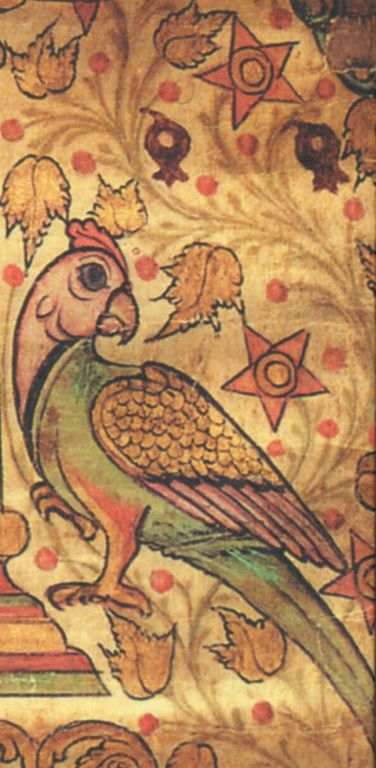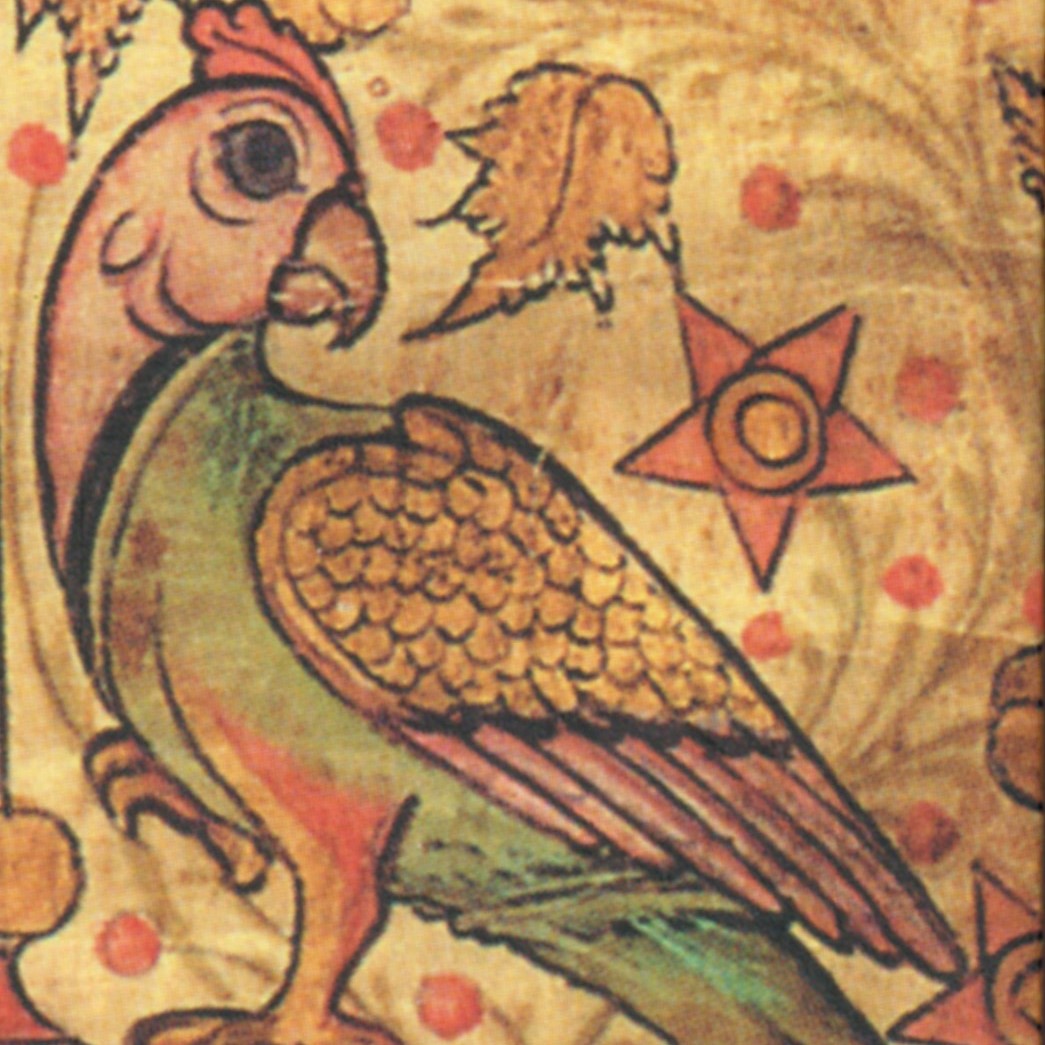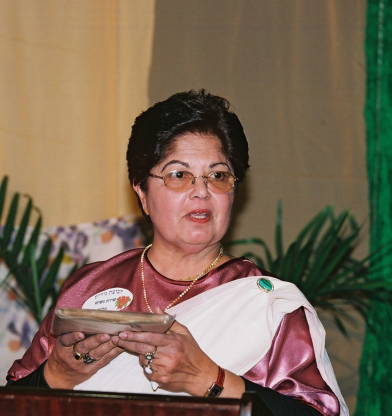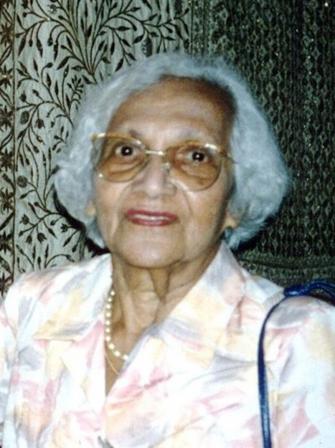1981
60. Hanukkah Song
Rahel Nehemia, Toba Sofer and others. Recorded by Avigdor Herzog, Moshav Taoz, December 23, 1981; III-87.
Veņḍunna stutiyěllāṃ běticcěyāyi stutikkuṃbol
Beta mihdośu vegattil cěyyuṃbol
1. With blessings proclaimed and songs of praise,
To the Temple they quickly came.
There was not oil for even one time
To light by custom the seven gold lamps.
They bowed down to the Presence of God.
“It’s four days walking to get the oil!”[1]2. Then the One God revealed to them:
A very small vessel containing oil,
Sealed with the ring of the high priest.
Without hesitation they took it and poured.
“It’s only enough to burn twelve hours!”[2]
But it went on burning for eight whole days.3. From twenty-fifth Kislev to Tebet the third,
Is called Hanukkah —“decoration.”
Adorn these days with celebration!
In splendor blow the good shofar.
Eliyahu Hanabi, redeem us now
With the Redeemer and Michayel,4. Redeem your People forevermore,
And also the remnants of the goat.
Redeemer Man and Michayel,
Redeem the remnants of Israel.
Redeemer Man and Michayel,
Redeem the remnants of Israel.
This is a Hanukkah song in two regards. It is both a narrative of the Hanukkah oil miracle as it is explained in the Babylonian Talmud (Shabbat:21b-23a) and also a kalippattu “play song” for the circle dances traditionally performed during Hanukkah week by women of the Kadavumbhagam community in Kochi. Two of the six notebooks containing the text come from that community—as did the women who sang the recorded version at the 1981 circle dance performance during a Hanukkah gathering in Moshav Taoz (Johnson 2016). Three other notebooks containing the song are from Parur or Chendamangalam, where the circle dances are said to have been performed in the past.
In some notebooks, this song is a kurukan (related short song) immediately following a song titled “The Rules for Hanukkah” (III-20), which draws from the same Talmudic source. In a helpful textualization and translation, Gamliel (2009, 447) notes the wordplay in stanza 3, lines 2 and 3, associating the sound of the Hebrew word Hanukkah (dedication) with that of the Malayalam word anuṅkāram (decoration)—a variant of the word for elegant adornment. (See song 27, “The Elegantly Adorned Bride.”)
The final stanza looks toward the time of redemption when the Prophet Elijah and the Angel Michael will join forces with the “Redeemer Man,” a Jewish Malayalam phrase referring to the Messiah. According to midrash, both prophet and angel will be present at the redemption: Michael to blow the shofar and Eliyahu to introduce the Messiah to Israel (Ginzberg 1968, 4:234).
The parallel redemption of the “remnants of the goat” and the “remnants of Israel” is another example of clever wordplay, referring to a midrash about the carcass of the ram that was slaughtered instead of Isaac (Ginzberg 1968, 1:283). One horn of the ram was the shofar that was blown at the revelation on Sinai; the other horn will be blown to proclaim the end of the Exile, when all the scattered Jews will be returned to Jerusalem. See stanza 13 of song 43, “The Song of Mother Sarah,” for another reference to the horn of this goat.
_______________________________
[1] Gamliel (209:446) translates this line: “[Let us] have sufficient oil for four days.”
[2] In the Malayalam measure of time, thirty nāḻika is equivalent to twelve hours.







